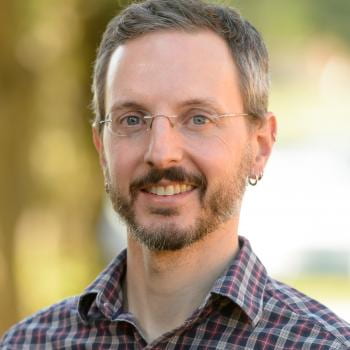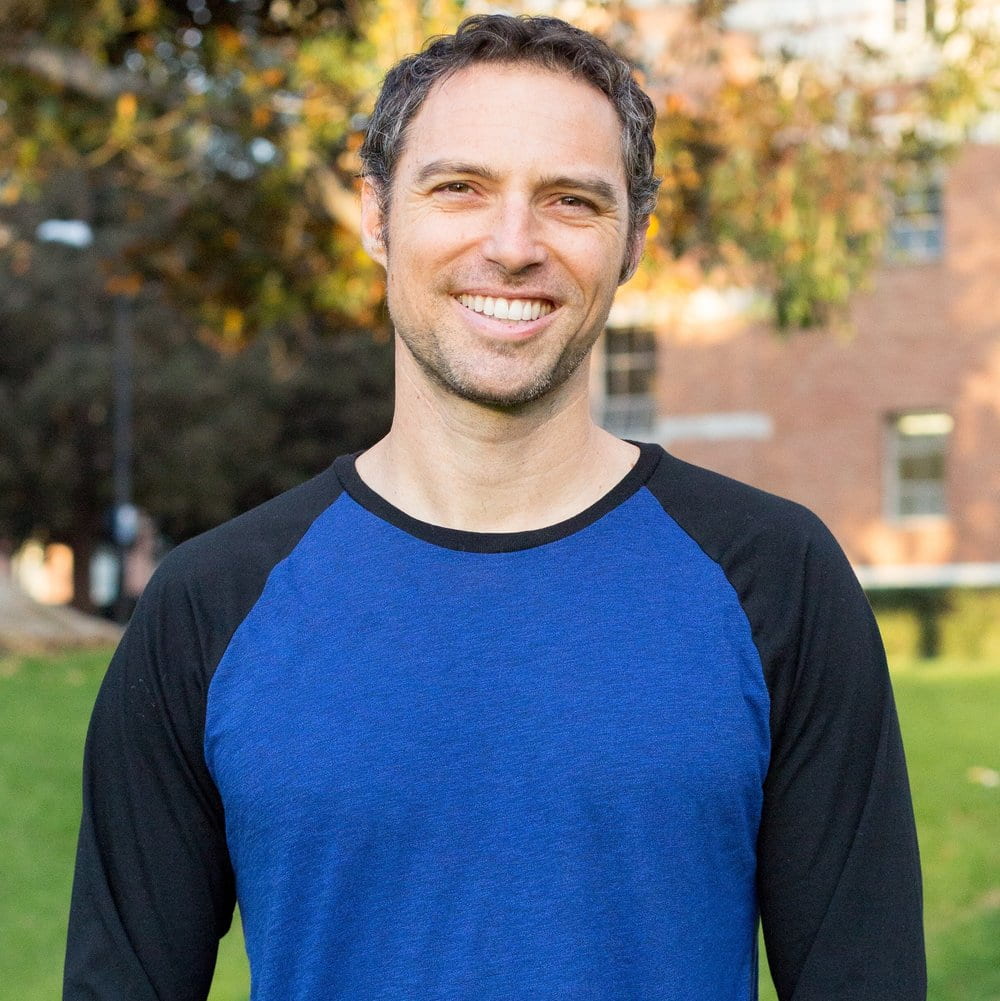MAARC: Advanced Methods and Research Core
Advanced Methods and Research Core (AMRC)
The Advanced Methods and Research Core (AMRC) will provide a suite of rigorous capabilities to enhance the validity, generalizability, and policy impact of JCOIN clinical trials. Network and spatial analyses are rarely included in traditional trial designs. These tools allow researchers and clinical interventionists to explore questions such as the consequences of transitions from prescription opioids to street drug use. The AMRC will employ three modeling approaches that collectively address these challenges. In particular, the AMRC aims are to: 1) Determine combined social and spatial network drivers of opioid use disorder; 2) Develop predictive models of OD within JCOIN justice contexts; 3) Extend and maintain an Agent-based Model framework of JCOIN opioid use interventions to enhance clinical trial capacity including cost-effectiveness of tested interventions.
Learn more
Predictive Analytics helps researchers to predict, usually through machine learning, which opioid users are at highest risk of re-offending, fatal or non-fatal overdose, and thus who should be provided the most-intensive outreach and service resources. Agent-based modeling (ABM) similarly helps researchers to explore underlying mechanisms and epidemiological processes such as the health and mortality pathways of individuals who experience non-fatal overdose (OD) or who initiate medication-assisted treatment (MAT). By illuminating mechanisms associated with intervention success, these advanced modeling approaches allow exploration of additional unobserved or downstream outcomes in specific trials. These methods help to identify specific intervention ingredients and mechanisms likely to have the most impact on overdose elimination in the US.
The AMRC will utilize the opioid Cascade of Care (CoC) framework to pursue three advanced analytic projects that model multiple outcomes within diverse justice contexts. The modeling projects are sequenced to move along the Cascade to model specific outcomes including opioid use disorder identification (project #1); diagnosis of opioid use disorder (project #2); and interventions to impact MAT engagement and retention, and other downstream outcomes (project #3). The AMRC has a history of advancing these models to: create rigor through component integration, disciplined model validation, and transparent processes to ensure stakeholder and community perspectives provide input on key modeling and parameter assumptions, and resulting outputs.
JCOIN clinical trials will only be able to answer some complicated, though trial data can be incorporated and used for calibration in complex models. Advanced models provide helpful guidance when interventions influence complex behaviors that are not directly measurable (e.g. # needle-sharing partners or decisions to inject alone), when trials are not feasible or ethical, and when interventions influence multiple downstream outcomes (e.g. HIV and HCV) likely to be subject of multiple and interacting interventions.

Charles Macal
Lead – UC
Read Bio
Dr. Charles Macal applies computational modeling and simulation tools to complex systems to solve problems in a variety of fields, including energy and national security. He is the chief scientist for the Argonne Resilient Infrastructure Initiative, and is a principal investigator for the development of the widely used Repast agent-based modeling toolkit. He has Appointments at the University of Chicago Computation Institute and the Northwestern-Argonne Institute for Science and Engineering. He is adjunct professor at the University of Chicago, where he teaches a course on Complex Adaptive Systems for Threat Management and Emergency Preparedness. He is a registered professional engineer in the State of Illinois and holds software copyrights for two systems: ELIST (Enhanced Logistics Intra-theater Support Tool) and EMCAS (Electricity Market Complex Adaptive System). Learn more.

Jonathan Ozik
Agent-based models – Lead – UC
Read Bio
Dr. Jonathan Ozik is a Computational Scientist at Argonne National Laboratory and Senior Scientist in the Consortium for Advanced Science and Engineering at the University of Chicago. Dr. Ozik develops applications of large-scale agent-based models, including models of infectious diseases, healthcare interventions, biological systems, water use and management, critical materials supply chains, and critical infrastructure. He also applies large-scale model exploration across modeling methods, including agent-based modeling, microsimulation and machine/deep learning. Dr. Ozik leads the Repast project (repast.github.io) for agent- based modeling toolkits and the Extreme-scale Model Exploration with Swift (EMEWS) framework for large-scale model exploration capabilities on high performance computing resources (emews.org). Learn more.

Sean Young
Predictive Analytics – Lead – UCLA
Read Bio
Dr. Sean Young, PhD, MS, is the Executive Director of the University of California Institute for Prediction Technology, the UCLA Center for Digital Behavior, a Medical School and Informatics Professor with the UCI Departments of Emergency Medicine and Informatics, and the #1 Wall Street Journal and International Best-Selling author of Stick With It. Learn more.

John Schneider
Network Science – Lead – UC
Read Bio
Dr. John Schneider MD, MPH is an infectious disease specialist and network epidemiologist in the Departments of Medicine and Health Studies. His NIH funded research focuses on how social networks can be leveraged to improve the health of at risk populations in resource restricted settings. Clinically, he specializes in adolescent and adult HIV primary care and has a specific interest in provision of high-quality care to LGBT community members. He has extensive experience with advancing the physician patient relationship in resource restricted settings, including his current clinic at a Federally Qualified Health Center on the South Side of Chicago and during his time working in Southern India. Learn more.

Mai Tuyet Pho
Agent-based models – UC
Read Bio
Dr. Mai Tuyet Pho is an infectious diseases physician and health outcomes researcher. Her work seeks to improve health outcomes and public policy at the intersection of HIV, HCV, and substance use. She has trained in decision modeling and health economics under the mentorship of Kenneth Freedberg, Rochelle Walensky, Milt Weinstein and David Meltzer. Current projects includes understanding the shifting epidemiology of HCV and opioid overdose, network characterization of people who inject drugs in rural communities, linkage to HCV care at reentry for criminal justice involved individuals, economic evaluation of routine HCV and HIV screening and treatment coverage policies, discrete choice experiments to examine heterogeneity in willingness to pay for therapy, and qualitative analyses on optimizing shared decision making surrounding HCV in marginalized populations. Learn more.

Basmattee Boodram
Agent-based models – UIC
Read Bio
Dr. Basmattee Boodram is an Infectious disease/social epidemiologist. Research focuses on the intersection of substance misuse and infectious disease among marginalized populations (e.g., people who inject illicit drugs, correctional populations, homeless). Learn more.

Elbert Huang
Agent-based models – UC
Read Bio
Dr. Huang’s broad research interest is in improving the quality of primary care practice. He is a clinical investigator with over a decade of experience studying health services and translational research questions at the intersection of aging, diabetes, and health economics. Dr. Huang has systematically studied complex clinical decisions related to the care of elderly diabetes patients, where clinical trial data from younger, healthier patients must be translated into the care of older, sicker patients. He has employed a wide range of research methods including qualitative interviews, clinical epidemiology, decision analysis, cost-effectiveness analysis, and decision support interventions to better understand patient-provider communication, the impact of patient preferences, the impact of clinical characteristics on the potential benefits of therapies, and the policy implications of individualizing diabetes care. Dr, Huang’s expertise has been recognized with his appointment in 2010 as Senior Advisor, Office of the Assistant Secretary for Planning and Evaluation, Department of Health and Human Services. Learn more.

Kayo Fujimoto
Network Science – Co-Lead UT
Read Bio
Dr. Kayo Fujimoto, PhD’s research specializes in the development and application of social network methodology, various statistical methods, and deep learning methods to health behavior and prevention research, including HIV/AIDS & STI, men who have sex with men (MSM) populations, molecular epidemiology, community organizational networks, and healthcare delivery systems. As a principle investigator, Dr. Fujimoto has led multiple NIH-funded, multi-site projects related to social networks and HIV/STI risk/preventive behaviors among young MSM populations, and currently serves as a standing NIH committee member for the Population and Public Health Approaches to HIV/AIDS (PPAH) Study Section. Learn more.

Sam Friedman
Network Science – NDRI
Read Bio
Dr. Sam Friedman has worked on research concerning people who use drugs and HIV since 1983. During this time, he has written widely on related epidemiology and prevention topics. His work has contributed substantially to what we know about drug users’ social networks and their relations to HIV epidemics; to our understanding of macro-social epidemiology of drug use and its associated diseases; to the theory and practice of drug users’ organizations and their efforts to reduce the spread of HIV and other infections among them; to efforts to prevent HIV transmission by drug users and others who have recently become infected; and to our understanding of how HIV and other epidemics among people who used drugs do or do not spread to non-users in their communities. Learn more.